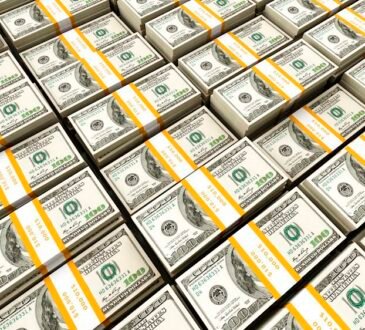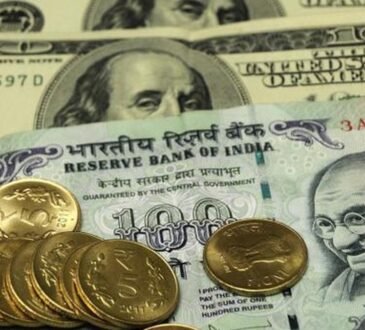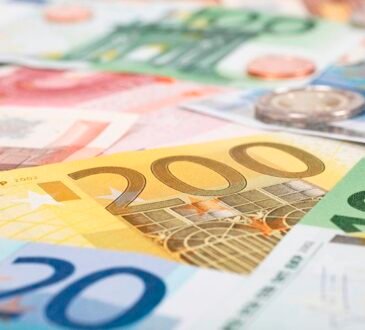- De-dollarization is nothing but a myth — and it could backfire on countries like Russia and China.
- That’s according to Jeffrey Christian, a commodities expert who thinks dollar dominance isn’t going away anytime soon.
- He says countries phasing out the greenback also could face consequences, like liquidity issues and slow growth.
De-dollarization is probably a fad — and countries trying to stage a global shift away from the dollar may soon find that the movement will backfire.
That’s according to Jeffrey Christian, a longtime commodities analyst and the founder of CPM Group, who thinks that the de-dollarization push in countries like Russia, China, and India could wind up backfiring and hurting the economies of those nations.
Despite the ongoing movement, dollar dominance isn’t probably going away, given how pervasive the greenback is in financial markets, he told Business Insider in an interview.
“I would think that de-dollarization is a dream some of us have,” Christian said. “It’s the idea of moving to this multi-international currency regime. It’s a great idea, but the logistics of it happening are extremely daunting because all of the governments and countries would have to change the way they deal with currencies.”
Nothing but a buzzword
Christian is among a group of de-dollarization skeptics on Wall Street, who have brushed aside the trend as nothing more than a buzzword. De-dollarization is a “myth,” “nonsensical,” and a “bad joke,” Christian told clients in a presentation earlier this year, adding that he didn’t take fears about the dollar being displaced by another currency too seriously.
That’s partly because countries that are “adamant” about not using the dollar face a series of economic consequences, he told BI, pointing to three consequences in particular:
1. Payment Issues
First, de-dollarizing nations run a higher risk of payment issues, Christian said. He pointed to India, which insisted on purchasing Russian oil in rupees and dirhams — the UAE’s currency — last year. Traders said that caused at least seven India-bound oil ships to turn back to Russia, Reuters originally reported.
Payment squabbles stem from the fact that other currencies are not nearly as liquid as the dollar, as the greenback is so widely used in global markets and held among central banks.
The dollar was used in 88% of all daily currency transactions as of April 2022, according to the Bank of International Settlements, and it accounted for 54% of all foreign exchange reserves, International Monetary Fund data shows.
Other currencies, like China’s yuan, are bound by strict capital controls, which also make them less liquid and, therefore, less attractive than the dollar, Christian said.
It’s also difficult to rapidly increase the liquidity of a currency without sparking high inflation, he noted.
“There are a lot of people who are hesitant to trade and hold reserves and wealth and bank accounts in the yuan because it’s not a fully free-moving currency. So there are limits to it,” he added.
2. Limited trade
Second, countries that try to phase out the dollar could be stifling their imports and exports. Again, that’s because the dollar is the world’s most widely traded currency — and not using that currency could limit a nation’s scope of trading partners, which also impacts economic growth, Christian said.
Russia is one such example. The nation denounced the dollar after it was slapped with Western sanctions in 2022. But forgoing the greenback is only isolating the nation more from international markets, one UC-Berkeley economist told BI, which could be weakening its economy even further.
3. Lost value
Third, central banks risk making a “bad investment” by holding other currencies, since the dollar is a superior store of value, Christian said. According to the US dollar index, which weights the greenback against a basket of foreign currencies, the greenback has appreciated around 40% since its trough in 2011. Meanwhile, currencies like the yuan have depreciated against the dollar over the past decade.
“The dollar has been very strong for the last 20 years. And so, you are making bad investments,” Christian said of central banks opting to shed their dollar reserves.
Christian also doesn’t see “too many” countries in the world de-dollarizing on a wide scale, barring exceptions like Russia, where geopolitical tensions with the US have bled into economic policies.
Since the dollar is so widely used in financial markets, he estimates it would take decades for the dollar to be displaced if it ever does happen. That’s similar to the view held by other currency experts, who say the dollar’s incumbency will take a long time to topple due to its safe-haven reputation.
“You have these massive impediments to moving toward a less dollar-dependent international currency regime. It’s not impossible, but it’s either going to take decades to execute or it’s going to come at the end of a very enormous global economic and financial collapse that I just don’t see happening,” Christian said.






